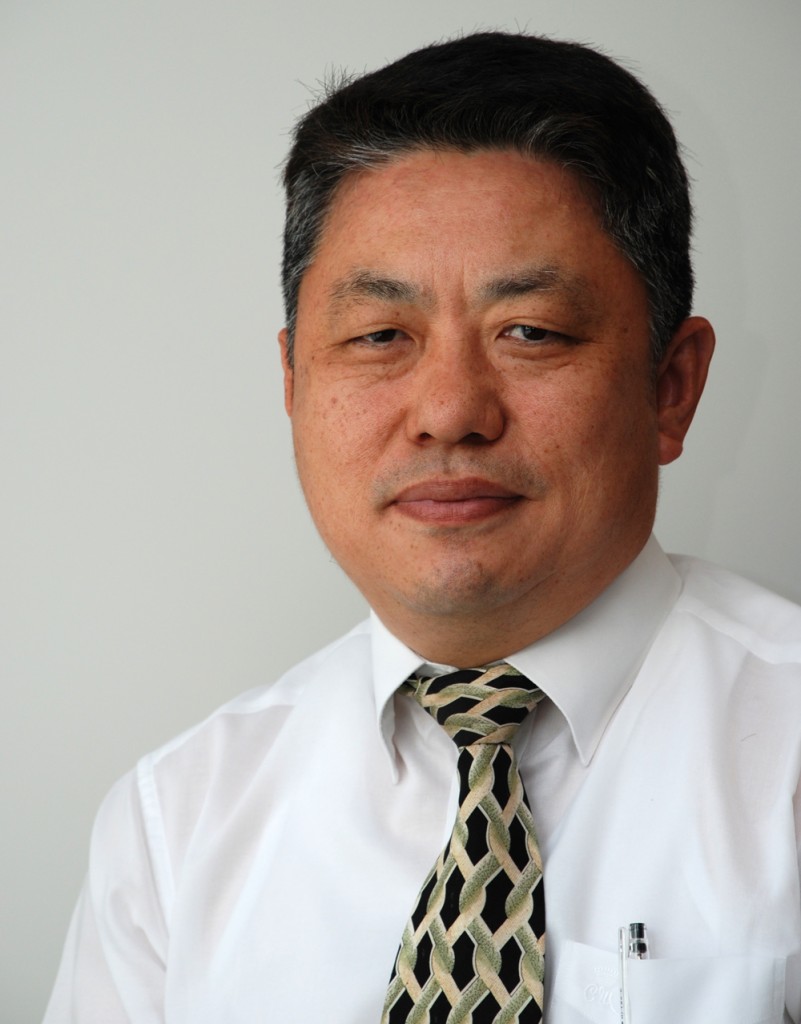ITER NEWSLINE
20
Cooperation with Domestic Agencies
Yong-Hwan Kim, ITER Deputy Director General, Central Engineering and Plant Support (CEP)
Cooperation with Domestic Agencies

Responsible for the CEP Department: Yong-Hwan Kim.
For this purpose, IO already held four Planning & Schedule Meetings since last November. CEP has actively participated in this meeting on various issues such as the cooling water system, cryoplant and distribution, tritium plant, vacuum and fuelling, and the electrical power supply. These meetings provide a good opportunity to narrow the gap between IO's Integrated Planning Schedule and the Domestic Agencies' (DA) delivery schedule. Fortunately, CEP does not have a procurement which is very critical to the current schedule. CEP will nevertheless submit the updated reference schedule in March.
Taking this opportunity, CEP has had various bilateral discussions with the DAs to identify issues that might influence the schedule. These issues include procurement sharing adjustment, procurement arrangement issues, installation sequence, change of ownership between IO and DA, testing and commissioning, etc. These issues will be discussed further, and the result will be incorporated into the updated reference schedule. Another important work is the Resource Estimate, which Council requested IO to submit. The purpose of this work is to determine the IO activities and resources necessary to accomplish the IO's scope of work.
When the resource estimate and reference schedule is completed, IO and the DAs will have a baseline that holds objectively measurable milestones measuring progress and performance. This work is very difficult and time-consuming at the moment, because there are many unresolved issues, and also many areas which need further discussion with the DAs. However, it will be a useful guidance document for the cooperative work with the DAs in the future.
return to Newsline #20


